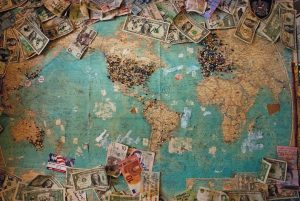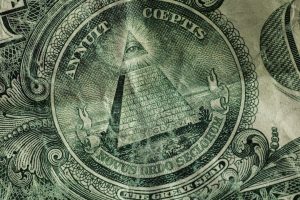Futures, options, and forex are all financial instruments that are used for investment purposes. Each of these instruments has its unique characteristics, uses, and risks. In this article, we will explore what futures, options, and forex are and how they differ from each other.
Futures:
Futures are financial contracts that obligate parties to buy or sell an underlying asset at a predetermined price and date in the future. Futures contracts are commonly used for commodities such as oil, gold, and corn, but they can also be used for stocks, bonds, and currencies.
Futures contracts are standardized and traded on exchanges. The buyer of the contract agrees to purchase the underlying asset at a specific price and date, while the seller agrees to sell it at that price and date. Futures contracts are settled on the delivery date by physical delivery of the underlying asset, or in cash.
Futures trading is a popular investment strategy among traders and investors who want to hedge against price fluctuations in the underlying asset. Futures trading can be risky because of the leverage involved, and traders can lose more than their initial investment.
Options:
Options are financial contracts that give the holder the right, but not the obligation, to buy or sell an underlying asset at a predetermined price and date in the future. Options contracts are commonly used for stocks, but they can also be used for commodities, currencies, and other assets.
Options contracts are traded on exchanges, and they come in two types, calls, and puts. A call option gives the holder the right to buy the underlying asset at a specific price, while a put option gives the holder the right to sell the underlying asset at a specific price.
Options trading is a popular investment strategy among investors who want to hedge against price fluctuations in the underlying asset or speculate on market movements. Options trading can be risky, and traders can lose more than their initial investment.
Forex:
Forex, or foreign exchange, is the largest financial market in the world, with an average daily trading volume of $5 trillion. Forex trading involves buying and selling currencies with the aim of making a profit from the difference in exchange rates.
Forex trading is done through a network of banks, brokers, and financial institutions, and it operates 24 hours a day, five days a week. Forex trading is highly speculative and involves a high degree of risk.
Forex trading can be done through various strategies, such as spot trading, futures trading, options trading, and exchange-traded funds (ETFs). Spot trading involves buying and selling currencies at the current exchange rate, while futures trading and options trading involve buying and selling currency contracts at a predetermined price and date in the future.
Conclusion:
In conclusion, futures, options, and forex are all financial instruments that are used for investment purposes. Each of these instruments has its unique characteristics, uses, and risks. Futures contracts are standardized and traded on exchanges, while options give the holder the right, but not the obligation, to buy or sell an underlying asset at a predetermined price and date in the future. Forex trading involves buying and selling currencies with the aim of making a profit from the difference in exchange rates. As with any financial instrument, trading in futures, options, and forex involves risks, and investors should carefully consider their investment objectives, risk tolerance, and financial situation before investing.





